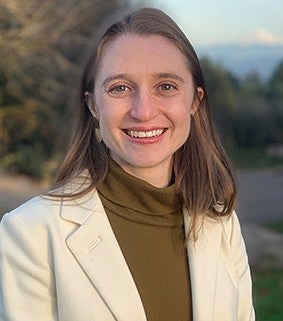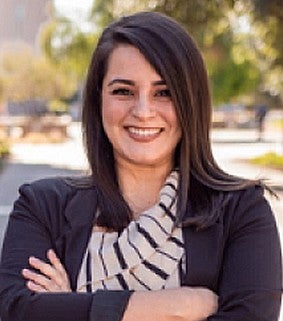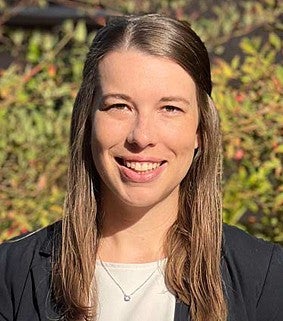
Kate Hails, PhD earned her doctorate in clinical and developmental psychology from the University of Pittsburgh in 2021, after completing her clinical internship at Oregon Health & Science University with a focus on supporting children with special health needs. Kate’s research program has two prongs, one focused on understanding parenting and family management in the context of depression, poverty-related stressors, and other ecological influences on child development and wellbeing, and the other on investigating how parents engage with a brief, evidence-based parenting intervention, the Family Check-Up. Her overarching career goal is to expand families’ access to evidence-based behavioral supports, particularly for families who have historically faced barriers to accessing services, in settings such as pediatric primary care and early childhood education.


Nicholas J. Parr, PhD, MPH is an Associate Director and Research Scientist within the U.S. Department of Veterans Affairs Evidence Synthesis Program, a longstanding and highly regarded national research synthesis program. His research to date has focused on advancing research synthesis and analysis methods to better characterize sources of variation in intervention effects, and on investigating risk factors for substance misuse and suicidality experienced by minority, underserved, and hard-to-reach populations.

Jennifer L. Shipley, PhD, MPH received her doctorate from Old Dominion University in Psychology, with a concentration in Health Psychology, in 2024, and her MPH, with a concentration in Health Behavior Health Promotion, from the University of Arizona in 2016. Her research interests include examining high-risk substance use among emerging adult college students, especially behaviors related to simultaneous use of alcohol and cannabis. Jennifer is also interested in developing and evaluating measures that assess behaviors related to simultaneous use of alcohol and cannabis and conducting advanced statistical analyses, such as longitudinal and multilevel data analyses.
